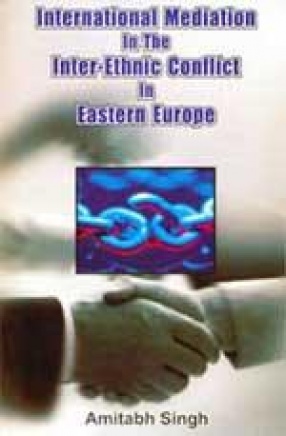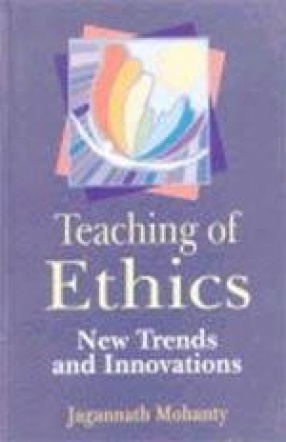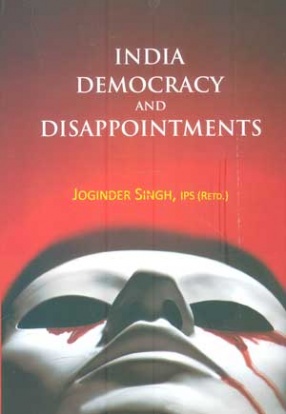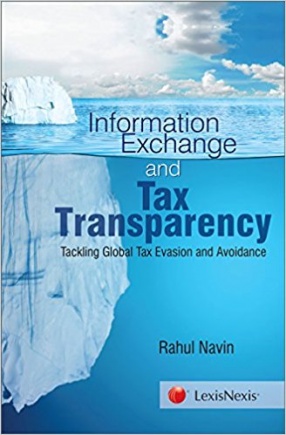Disintegration of USSR into 15 independent republics unleashed a chain reaction among the Soviet Union’s backyard the Eastern Europe in general and Yugoslavia in particular. The primordial instinct and ascriptive statuses came to the fore, which gave vent to the atavistic passions among the different ethnic groups inhabiting Yugoslavia. The declaration of independence by Slovenia from the Yugoslav federation started the conflict and the disintegration process. Yugoslavia was a curious mix of ethnic nationalities brought together by the ideology of socialism under the charismatic leadership of Marshall Josip Broz Tito. This veneer of ethnic unity among the Yugoslavs, or the south Slavs, as the very name of their nation suggests, gave way to one of the most protracted and violent conflict seen for the first time after the 2nd World War in Europe. The study traces the roots of ethnic unrest in East Europe in general and problems of ethnicity in the Former Yugoslavia in particular. It also seeks to underline the failure of the international organization and bodies to effectively mediate in ethnic conflicts in general.
International Mediation in The Inter-Ethnic Conflict in Eastern Europe
In stock
Free & Quick Delivery Worldwide
Bibliographic information
Title
International Mediation in The Inter-Ethnic Conflict in Eastern Europe
Author
Edition
1st ed.
Publisher
ISBN
8188684139
Length
xii+197p., References; Bibliography; Index; 23cm.
Subjects






There are no reviews yet.